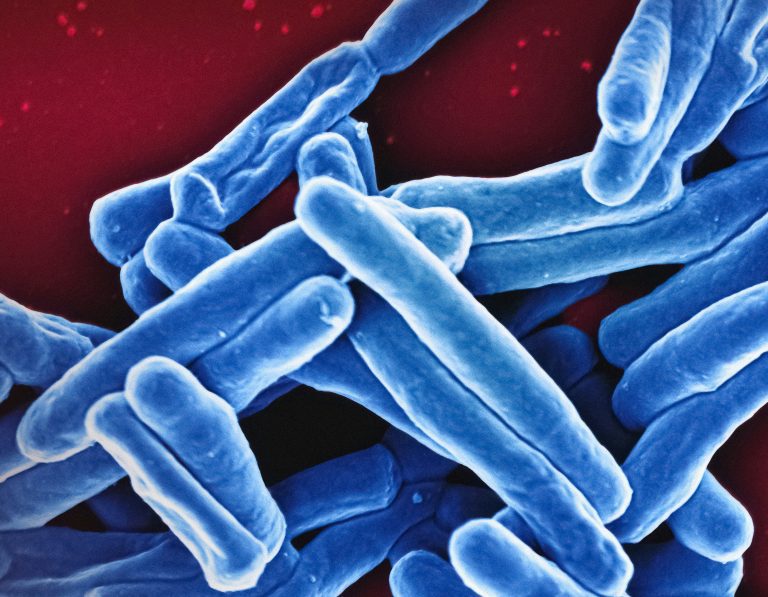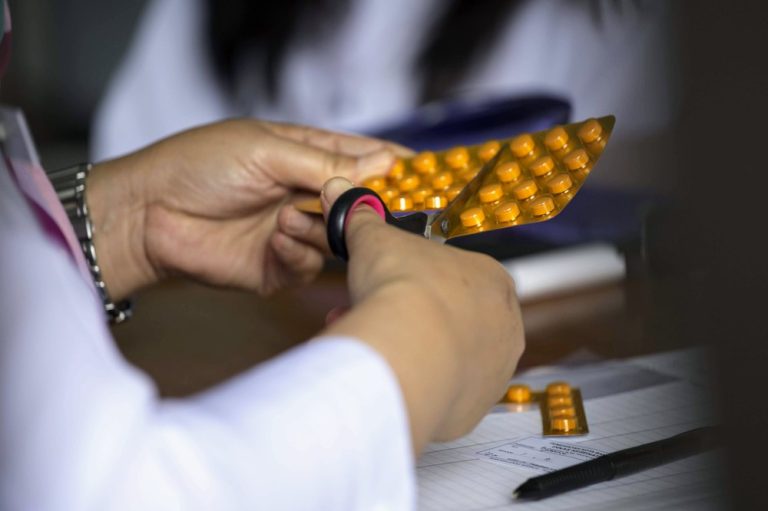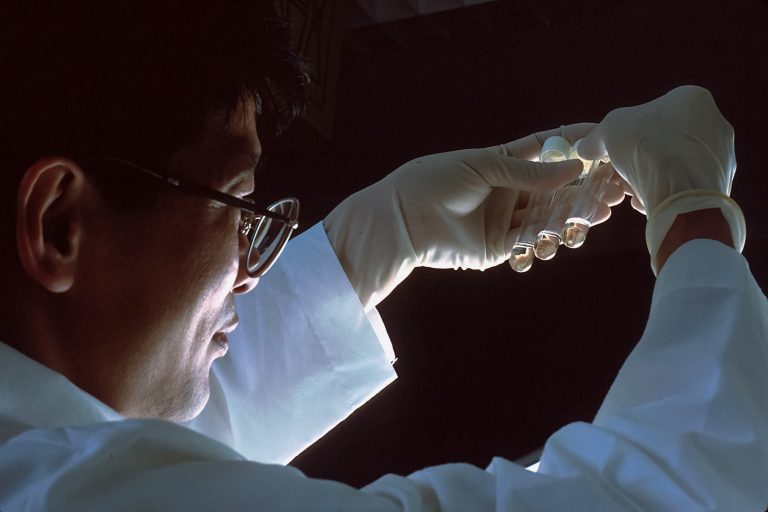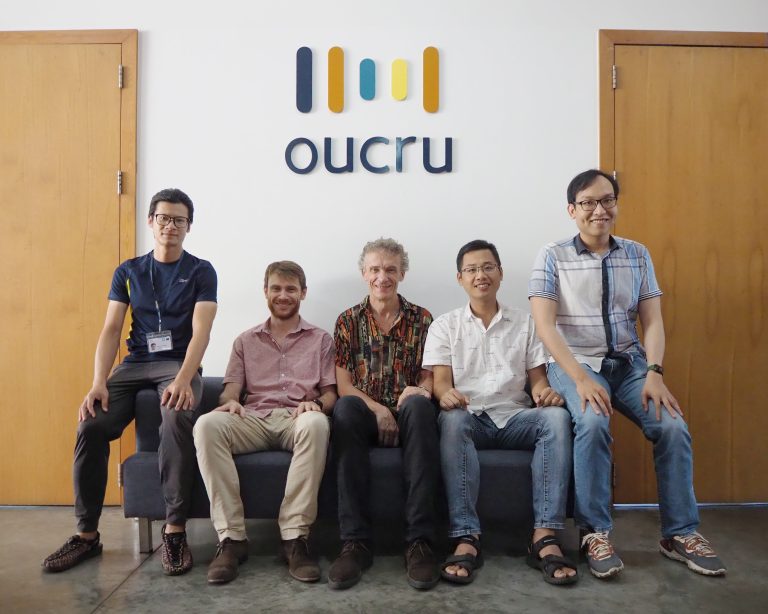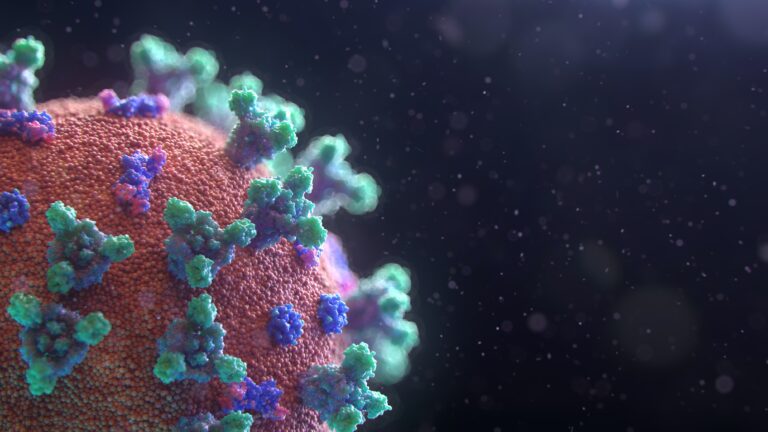Understanding statistical methods and their underlying assumptions is essential for high-quality quantitative research and correct interpretation of the numbers obtained.
Professor Geskus draws his inspiration from using statistical methods to understand the mechanisms that lead to the observed data. His interest is in the application of statistics in medicine and epidemiology, especially in the field of infectious diseases. He has made contributions to i) models for complex time-to-event data with intermediate events and competing risks, ii) models for complex longitudinal data, iii) prediction based on time-updated marker values, iv) causal inference, v) principles of data visualization.
Professor Geskus has strong research connections with statistics groups at Monash University, the University of Melbourne and the University of Leiden.
Ronald Geskus: Sophisticated biostatistics for complex clinical research from NDM Oxford on Vimeo.







